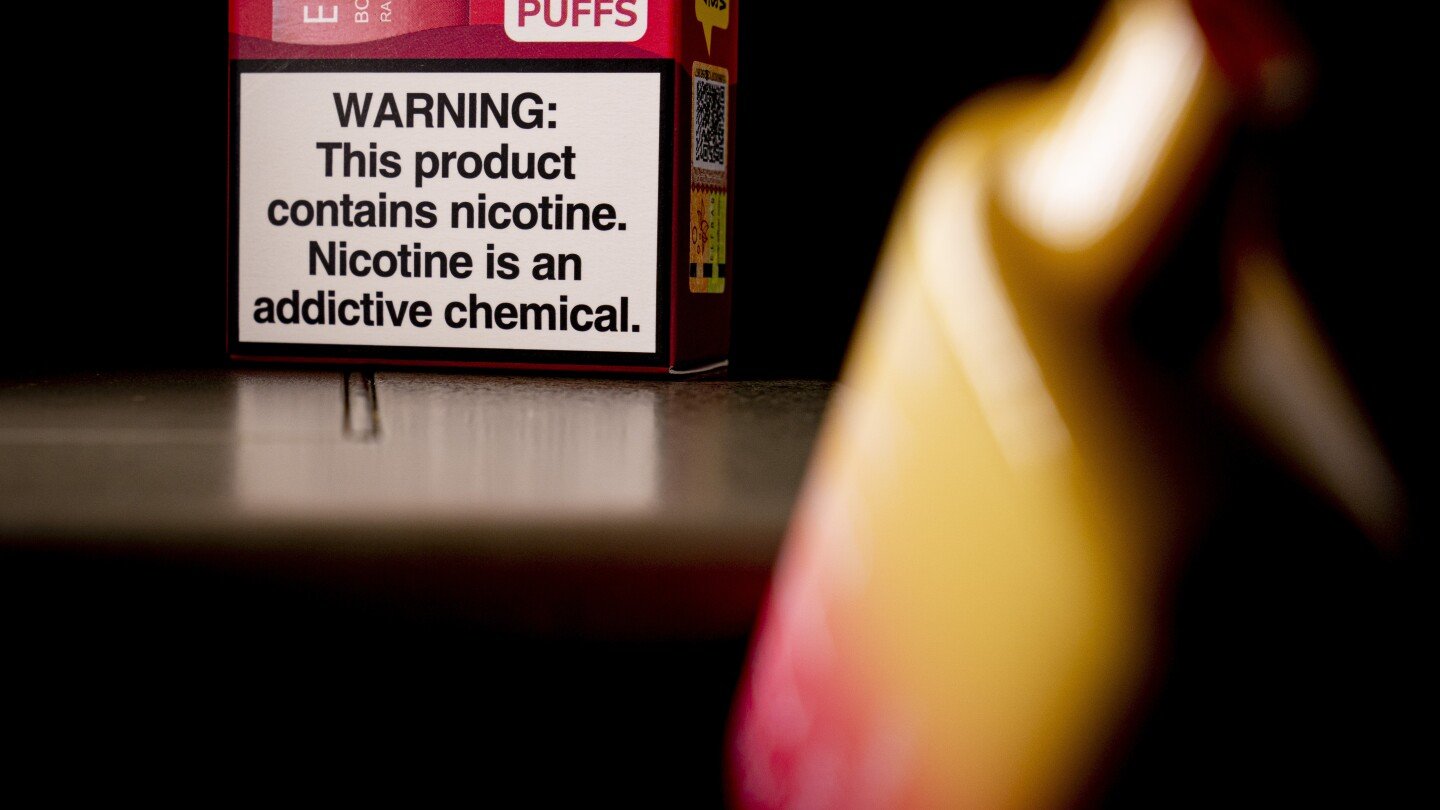Health bodies seek urgent tobacco law update


Various health organisations have called for the swift passage and implementation of the proposed amendments to the Tobacco Control Act in order to prevent premature deaths caused by tobacco use.
According to stakeholders, enforcing these amendments would significantly reduce tobacco consumption and positively impact public health.
They have urged the authorities to pass the revised law without delay to make the legislation more effective.
There is no debate over the fact that tobacco is extremely harmful to public health. Aiming for a “Tobacco-Free Bangladesh by 2040,” the Ministry of Health has taken steps to strengthen the current tobacco control legislation.
However, since the initiative to amend the law was launched, tobacco companies have started spreading misleading information. They claim that the amendment would result in reduced government revenue and widespread job losses.
In reality, the facts tell a very different story. According to data from the National Board of Revenue (NBR), from FY 2004–05 to FY 2023–24, tobacco revenue has consistently increased.
Bangladesh was the first country to sign the World Health Organization’s (WHO) Framework Convention on Tobacco Control (FCTC) in 2003. The Tobacco Control Act was subsequently passed in 2005 and amended in 2013.
Despite this, tobacco remains the cause of over 161,000 deaths in Bangladesh annually. Around 400,000 more people suffer from tobacco-related disabilities. Tobacco is also a leading cause of cancer, heart disease, and respiratory illnesses. Currently, nearly 40 million Bangladeshis use tobacco products.
Professor Dr Sohel Reza Choudhury, Head of Epidemiology and Research at the National Heart Foundation Hospital and Research Institute, said that tobacco companies are engaging in propaganda to protect their business interests by claiming that the proposed amendments to the Tobacco Control Act would reduce government revenue. In reality, he said, the opposite is true.
He urged everyone to speak out against such misinformation and reiterated the demand for the immediate passage and enforcement of the amendments, as it would substantially reduce tobacco use and benefit public health.
The draft prepared by the Ministry of Health to bring the existing Tobacco Control Act into line with the FCTC proposes a complete ban on advertising and display of all types of tobacco products, abolishing ‘smoking zones’ in public places and public transport, stopping the retail sale of bidis and cigarette sticks, stopping corporate social responsibility (CSR) activities of tobacco companies, increasing the size of pictorial health warnings on tobacco product packets/boxes from 50 percent to 90 percent, and banning the production, sale and use of vape, e-cigarettes and other new products.
According to WHO data, countries like Brazil, Turkey, the Netherlands, and Mauritius have significantly reduced tobacco use by implementing strict laws.
Experts believe that similar success is achievable in Bangladesh through legal reform.
Health Advisor Nurjahan Begum said, “Strengthening the Tobacco Control Act and increasing taxes on tobacco products require strong engagement from both the media and youth. Students from schools, colleges, and universities must take a stand. Just as they played a role in Bangladesh’s independence, they can help implement this law swiftly.”
Professor Dr Sohel Reza Choudhury also highlighted how tobacco companies are misleading the youth about e-cigarettes, falsely promoting them as less harmful than traditional cigarettes.
“This is not true. We must immediately ban all new tobacco products including e-cigarettes, vapes, and heated tobacco,” he added.
According to experts, passing the law quickly would significantly advance the vision of a “Tobacco-Free Bangladesh by 2040.”


